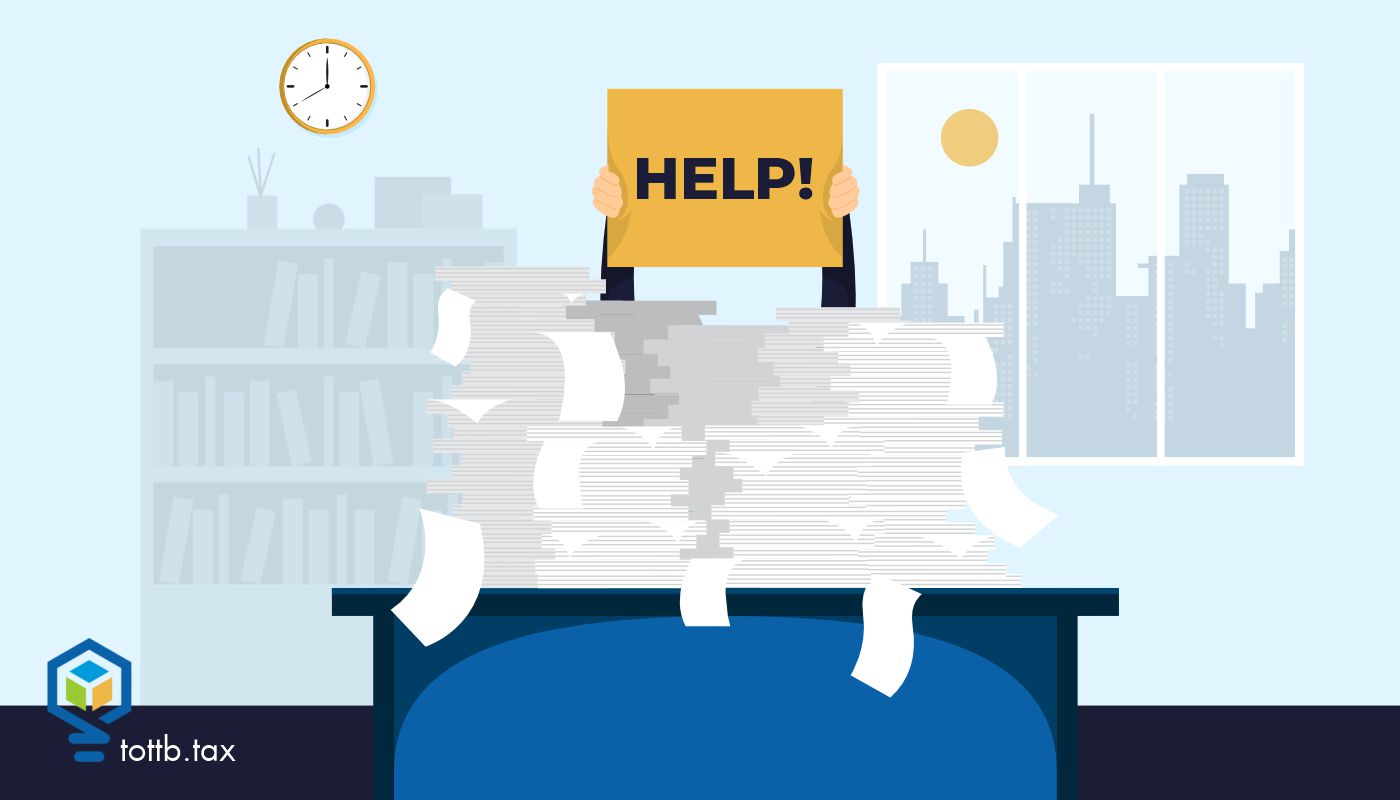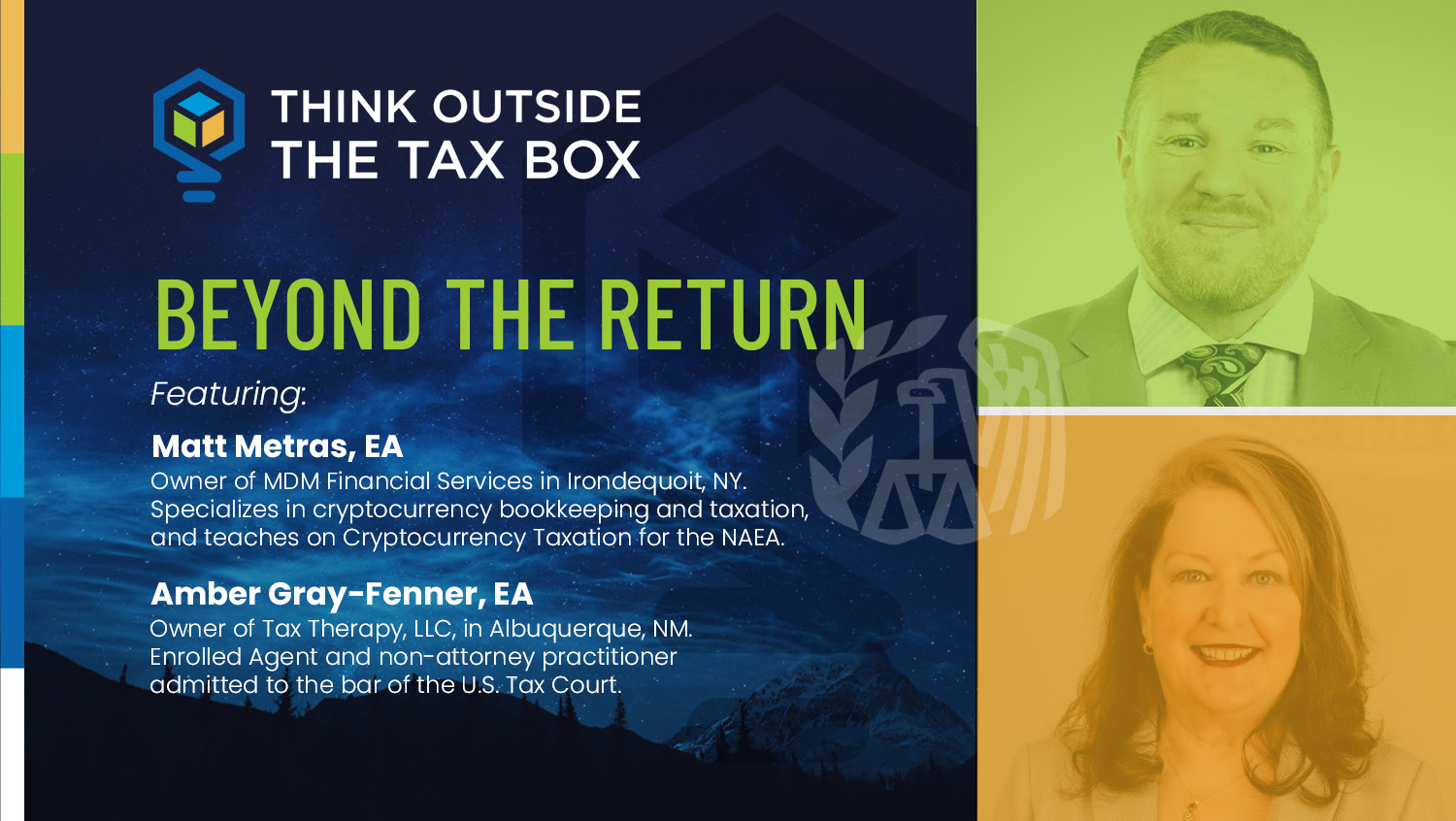Can You Write Off Your Vacation on Your Taxes?
I saw a meme that said, “accountants go on vacation just so they can work from another location.” This might be true. So maybe, just maybe you can write your vacation off on your taxes. But on a serious note, this is a question that taxpayers have.
“Can I write off my vacation on my taxes?”
I hate to blame everything on the internet but...it is a dangerous place for taxpayers. There is an infamous Tik Tok video turned reel that has found its way into my DMs and e-mail inbox several times. I’m often amused by the bad tax advice that goes viral online. The comments tend to make me giggle or give me cause for concern.
This particular video gave me more cause for concern. The main reason it did this is because of the amount of tax professionals that shared in agreement. I’m all for advertising on social media but often we must be careful as tax professionals. We have certain ethical obligations that unfortunately do not apply to other industries. We do not want to mislead taxpayers for “likes” or potentially going viral.
Let me get to the details of the video. A tax professional whose credentials I won’t mention, was sharing how taxpayers can use their entire family vacation as a write off on their Schedule C. Rightfully so, this made taxpayer’s ears perk up. Why not kill two birds with one stone, right?
What should not have happened was tax professionals sharing the video with filling in the blanks. I know you would never do that, and that’s why you’re here. To find out what parts of travel your client can write off on their taxes. So, let’s look at what constitutes something being a business expense. Then we’ll look at the due diligence you should take to make sure their travel and meal expenses are legitimate.
Read More











